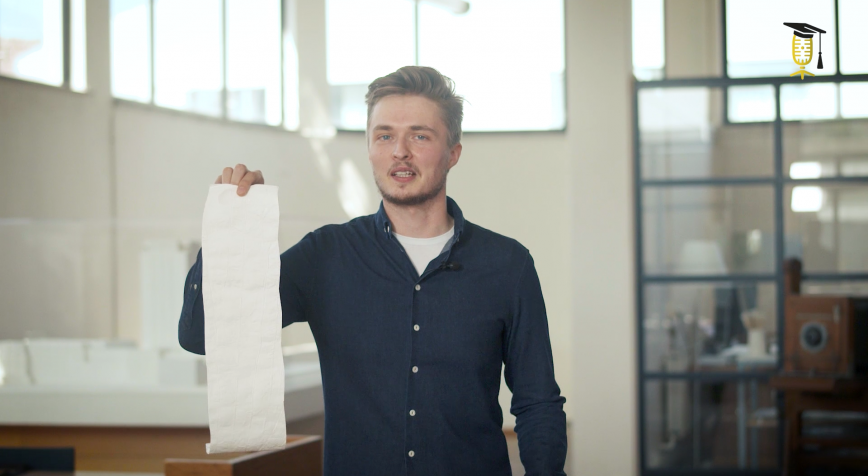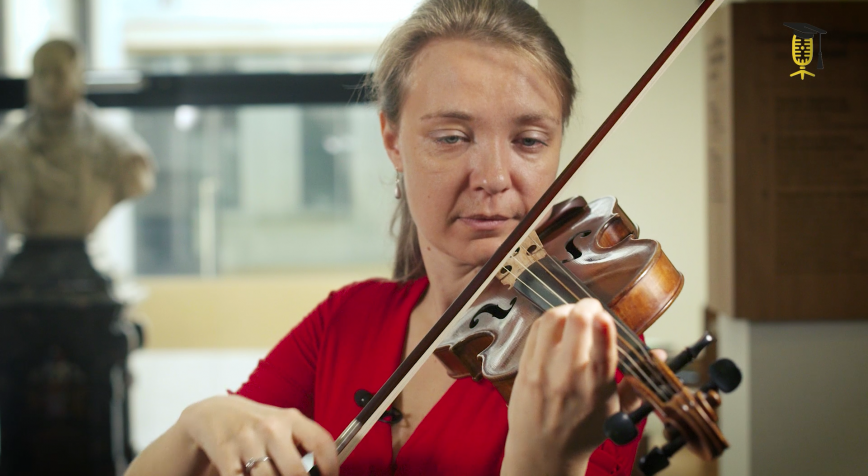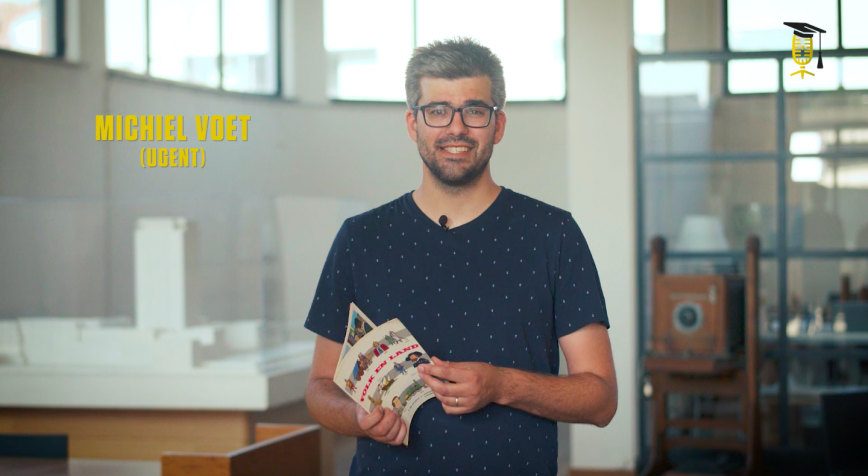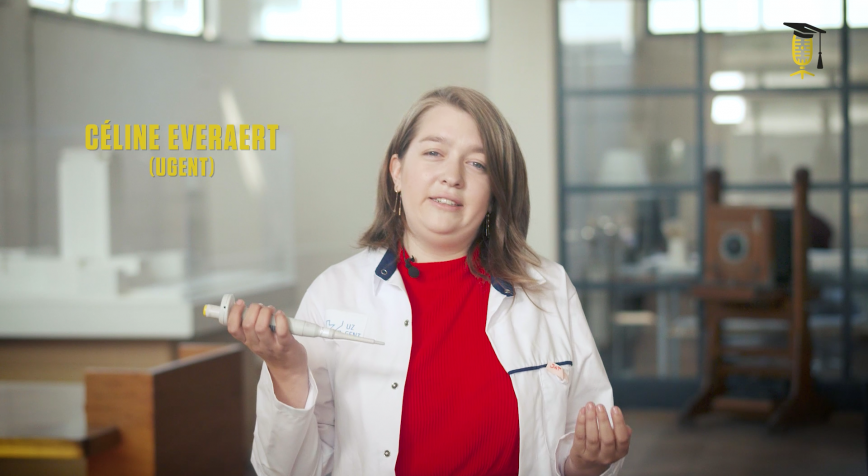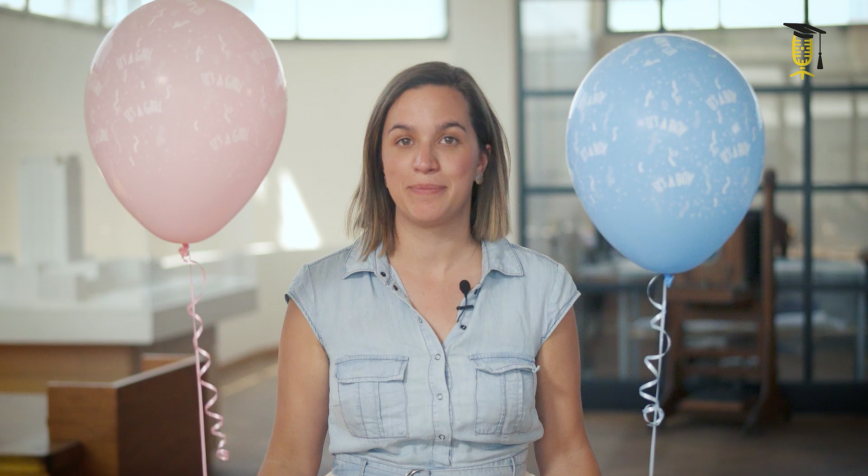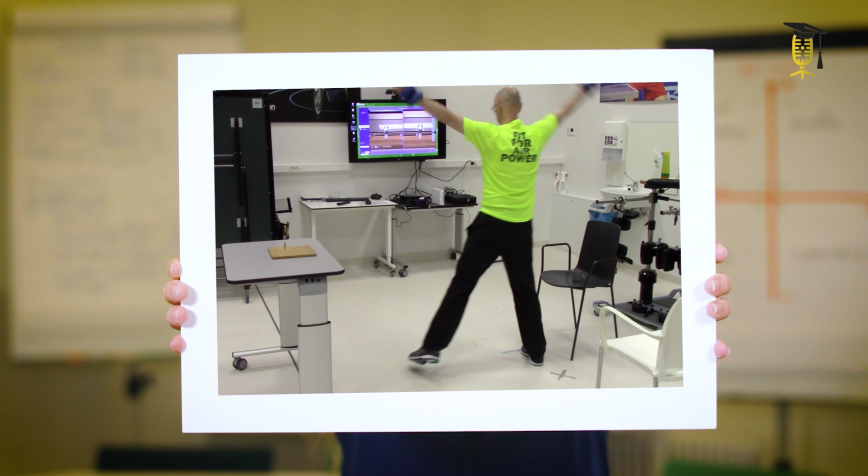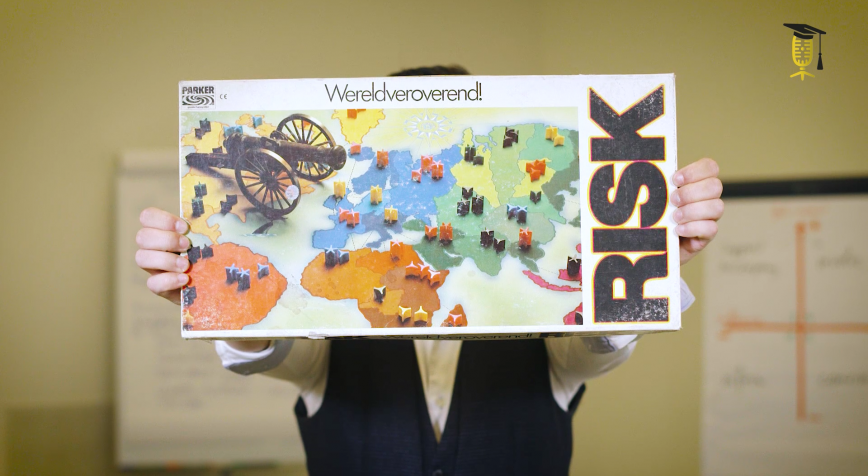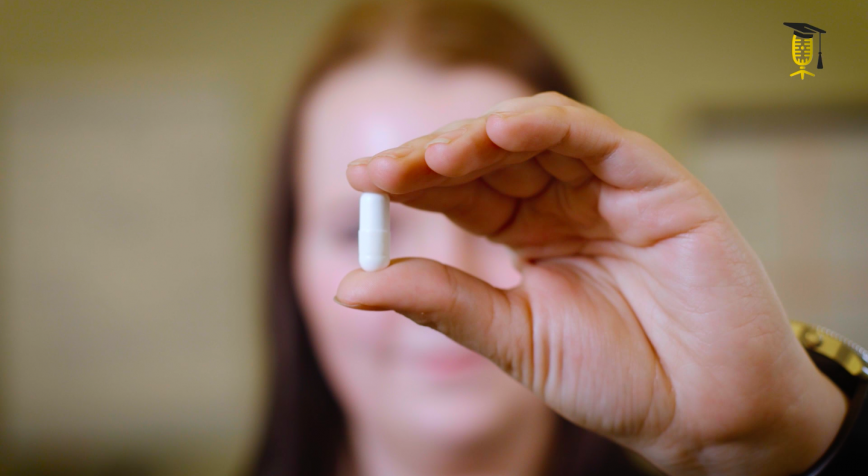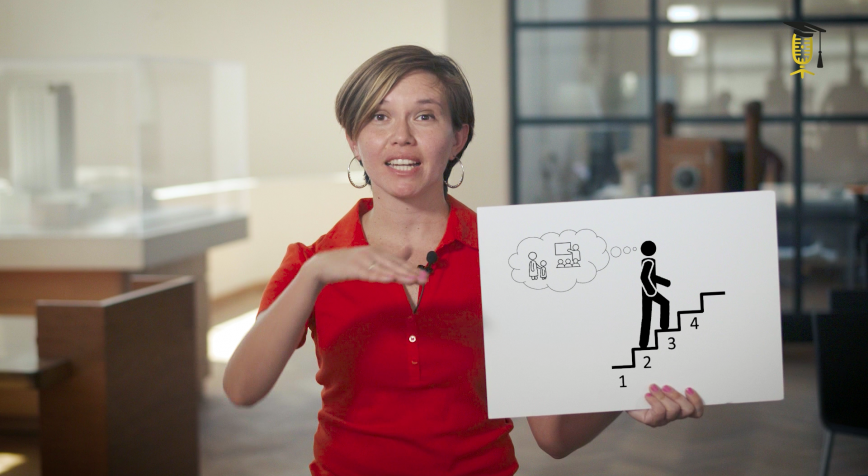
UGent
Coaching adolescents to develop skills for their life
"Sometimes I worry so much about my exams that I get physically ill." Some adolescents struggle with their emotions in stressful situations. Gina Pancorbo Valdivia wants to help them. In her research she develops a tool to help teachers and students to know how to assess and learn skills that will help them to overcome social and emotional challenges in their daily life.
